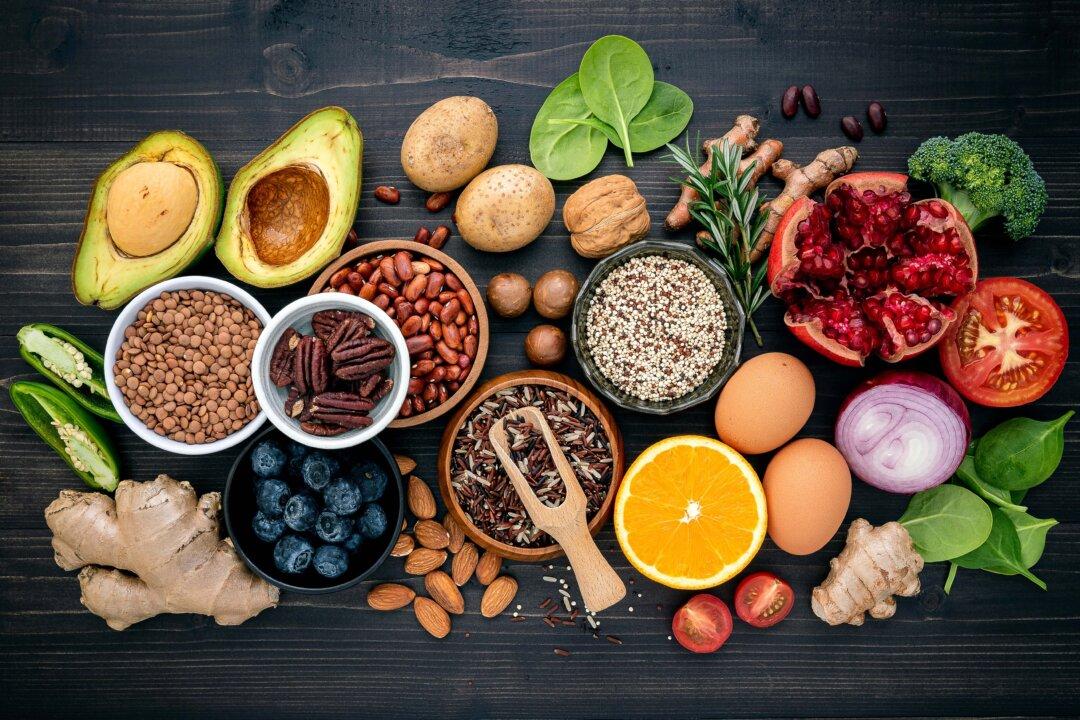There are certain large, casual dining establishments I’m sure we’ve all been to that emphasize serving you lots and lots of food on family-sized platters. In doing so, these successful companies try to satisfy their customers’ desire for delicious value. But are we valuing the right things?
Similarly, a diet that is gaining in popularity, called the “If It Fits Your Macros (IIFYM),” allows the people who follow it to eat whatever they want as long as they eat the right amounts of macronutrients such as protein, carbohydrates, and fat. Nutrition takes a back seat to calories.






